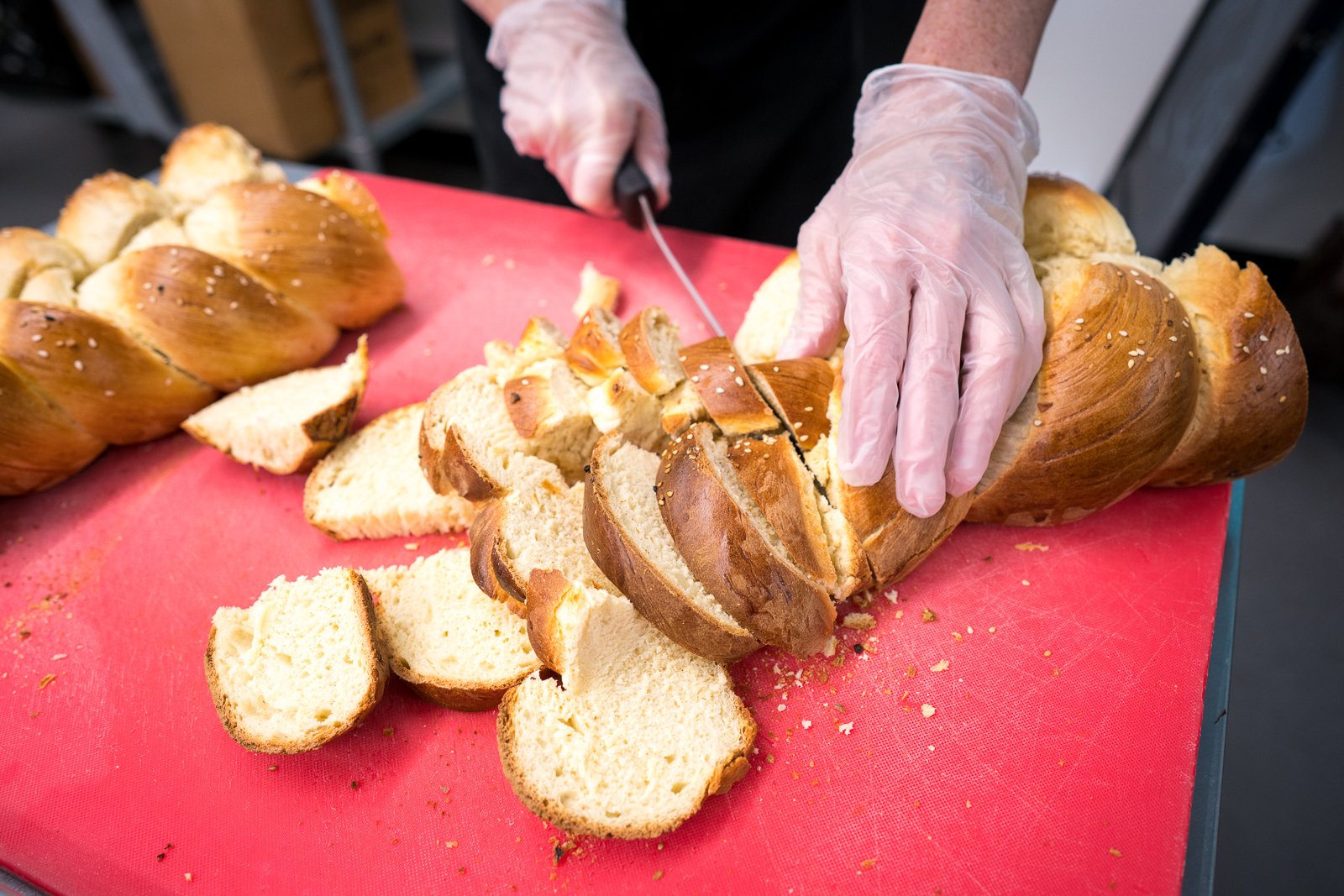
Our Story
Manna’s Values
Cultivate an equitable community.
Serve with integrity.
Help each other thrive.
Support with love, hope and compassion.
Embrace challenge & celebrate success.
Manna’s Vision
is to build strength, resilience and equity in La Plata County, through innovative and holistic services that cultivate a sustainable future with our community.
Manna’s Mission
is to provide, in the spirit of faith and love, nourishing meals and supportive services in an atmosphere of acceptance and caring for those in need.
History of Manna
Disparity in food security represents one of the most dramatic indicators of economic and health inequality. Manna provides food and wraparound supportive resources to help improve the health and well-being of individuals, families and, ultimately, the community. The obstacles that many of our program participants face include addiction, mental illness, physical disabilities, homelessness, lack of education and/or marketable job skills, lapses of income, and loss of self-confidence associated with these experiences. To break the cycle of poverty and the barriers to employment, Manna's Board decided to create a food service job skills training program. In 2014, Manna built a second building, which houses a training/commercial kitchen, meeting space, and administrative offices. On June 25th, 2020, Manna merged with The Garden Project of SW Colorado's providing a broader range of food security, garden education and nutrition programs.
Manna was founded in 1985 after a woman was discovered dead of starvation in the horse stalls at the La Plata County Fairgrounds. She had written, “nobody cares” on the stall wall. In response to this community tragedy, a group of caring citizens organized to provide food for the hungry in a church parking lot. In 2001, our first physical building was built and operated as a traditional soup kitchen for 20 years.
Manna’s vision is to build strength, resilience and equity in La Plata County, through innovative and holistic services that cultivate a sustainable relationship with our community. During 2020, Manna’s Board and staff participated in comprehensive strategic planning to create our new 3-Year Strategic Plan. This process and our participation in community driven discussions helped us to recognize the need for more centralized assistance and provisions in the model of a Resource Center. Manna’s new Strategic Plan and model change came as a result of better understanding the community’s needs. With many lessons learned and countless hours of research, Manna took the next steps needed to tackle food insecurity and ultimately, the root cause - poverty. To do this Manna remodeled the soup kitchen building, transforming it into a Community Kitchen with a Take-out Window, Food Market and a Resource Center. This remodel created the infrastructure needed to support the expansion and essential elements of Manna’s programming.
Since 2021, we have added grant-funded programs that specialize in stability and housing. These include Street Outreach, which supports unhoused community members in meeting basic needs and connecting to supportive services; Rapid Rehousing, which specializes in helping unhoused community members become rehoused; WAGEES, which provides reentry support to people exiting the Department of Corrections; Family Bridge Housing, which provides temporary housing options to unhoused families in the process of obtaining stable housing; and Homeless Prevention, which supports households at-risk of homelessness with rental assistance and supportive services to remain housed.
Manna is an inclusive, trauma-informed space, providing low barrier access to resources. There are no income qualification, identification, or miscellaneous proofs needed to access services. By instituting more progressive operations, Manna aims to decrease stigma and uphold dignity in reaching low-income households, unhoused community members, families of color or those who have experienced systemic injustices. Manna has members of staff with lived experience of being unhoused, food insecure, experiencing addiction/recovery, navigating the justice system, navigating immigration processes, and navigating in public benefit systems. These individuals’ voices, thoughts and suggestions are invaluable to planning and implementing successful programs. Individuals with lived experience bring their direct interactions and stories with services and a well-informed awareness of the supports that are most needed and desired.
